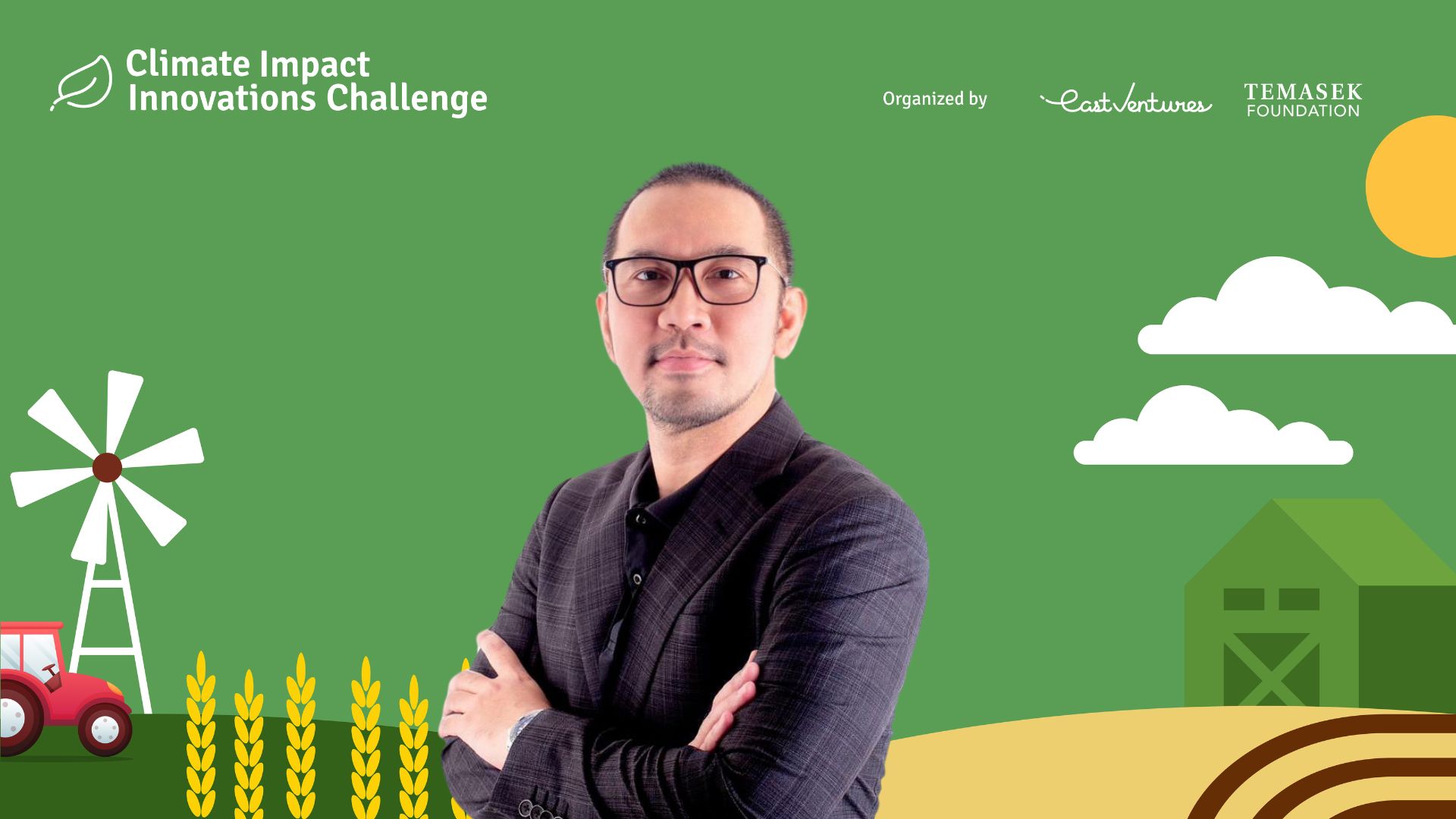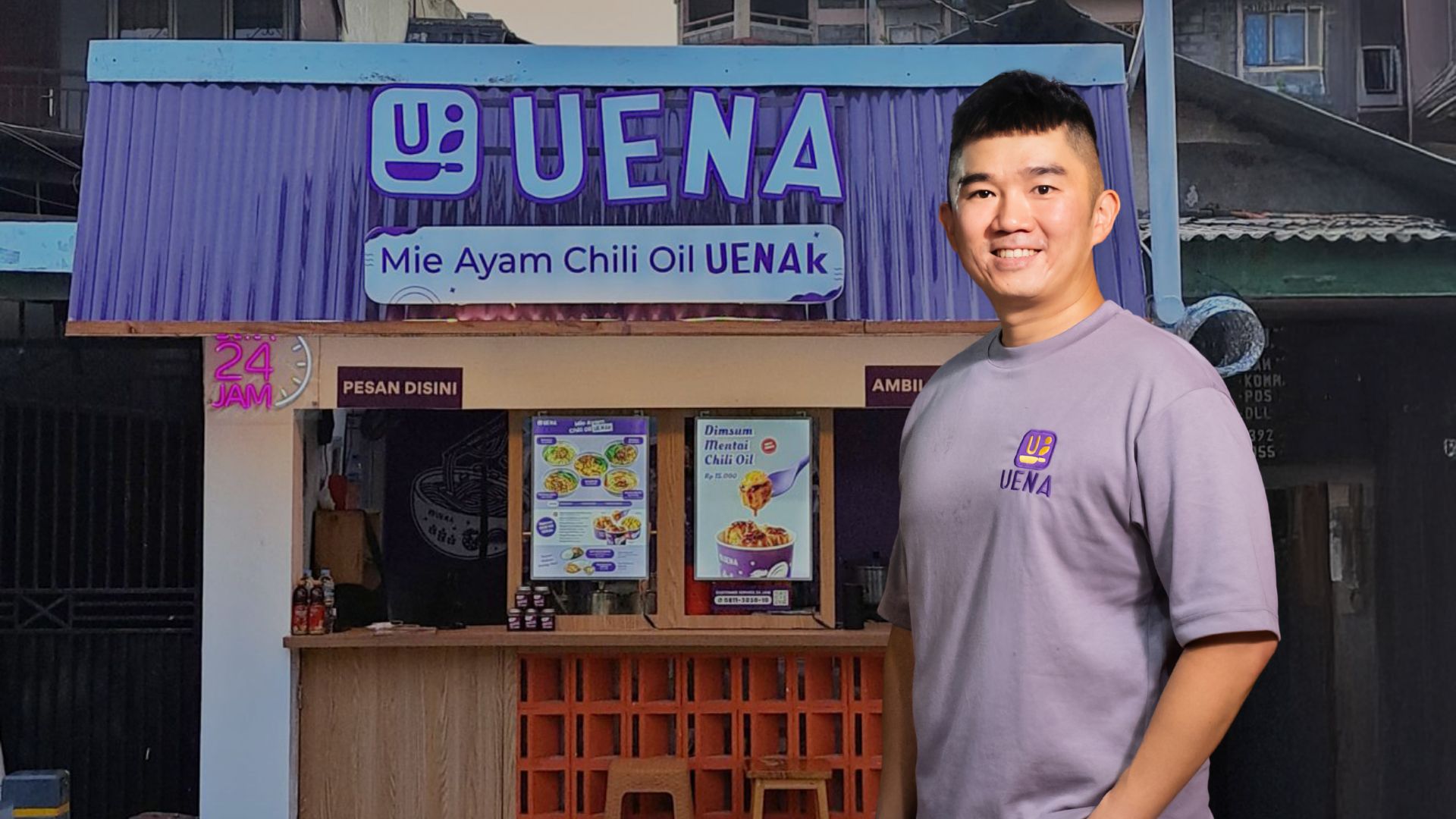Indonesia has experienced steady and positive economic growth in the last decade, averaging around 4–5% annually. This progress has been fueled by the expansion of key sectors such as manufacturing, mining, and infrastructure. Notably, the government has set an ambitious vision through the Golden Indonesia 2045, which includes a target for the manufacturing sector to contribute 28% to the country’s GDP, positioning it as a driving force behind long-term national development.
However, this growth has not come without consequences. One of the most critical impacts of increased economic activity is the sharp rise in CO2 (carbon dioxide) emissions, which are a major contributor to global climate change. In 2023, global carbon emissions surged once again after a temporary decline during the COVID-19 pandemic, with the energy and industrial sectors identified as the primary contributors.
Private companies in Indonesia are increasingly recognizing that energy sustainability is not merely a trend but a strategic necessity for long-term survival. This growing awareness is reflected in the rising demand for sustainability, adoption of ESG (Environmental, Social, and Governance) principles, and commitments to achieving Net Zero Emissions by 2060.
The journey toward true sustainability cannot begin without a clear understanding of the environmental impact of business activities. This is where carbon footprint tracking becomes essential, as a foundational step in measuring, monitoring, and managing carbon emissions. Amid the growing demand for practical, data-driven solutions, a new wave of tech tools has emerged to address this challenge, including Jejakin, an Indonesian company focusing on carbon footprint tracking and management.
In addition to supporting the broader carbon management ecosystem in Indonesia, Jejakin has introduced innovations that empower business owners to calculate their operations’ emissions and take informed action to reduce them.
Small step, big impact
Jejakin has become a leading example in Indonesia’s carbon footprint startup ecosystem since its founding in 2018 by Arfan Arlanda, Sudono Salim, Andreas Djingga, and Haris Iskandar.
The idea behind Jejakin began in 2018, when the founders shared a common vision: to empower businesses and individuals to create a positive impact on the environment. Their mission went beyond symbolic; they aimed to develop a holistic and comprehensive solution for consumers seeking to contribute meaningfully to environmental sustainability.
“The initial idea was actually quite simple — we wanted to help. We saw that many companies were engaging in tree-planting activities, but often these initiatives were merely ceremonial and lacked long-term impact. So, our goal was not only to support these efforts, but also to provide tools to measure their effectiveness,” explained Arfan Arlanda, Co-Founder and CEO of Jejakin.
As a company that provides data and visibility to all stakeholders, Jejakin aims to ensure that every initiative is meaningful and has a real impact, not only on the environment but also on local communities. Through transparent reporting, they strive to transform tree-planting programs into sustainable actions that are trackable and continuously improved over time.
Over the past seven years, Jejakin has gone beyond offering companies carbon footprint data and management tools. The company has also led major environmental projects with tangible benefits for nature and local communities.
“One of our projects is located in East Lampung, within a buffer zone near Way Kambas National Park — a region known for its population of elephants and rhinos. In this area, we assisted with the planting of hundreds of jackfruit trees. We chose jackfruit because the trees are highly effective at absorbing carbon, and they also serve as a food source for local wildlife,” said Arfan.
“In addition to supporting the environment and biodiversity, the project also benefits the local economy. Local communities in the area can process the jackfruit into products like chips, providing them with additional income. So, this initiative contributes to environmental restoration, biodiversity protection, and community development all at once.”
A single jackfruit tree planted has the potential to absorb approximately 83 kg of CO2 per year, significantly higher than the average tree, which typically absorbs around 20 kilograms of CO2 annually.
Indonesia has laid out a clear direction for its climate policy through Presidential Regulation No. 98 of 2021 on NEK (Carbon Economic Value), followed by the Ministry of Environment and Forestry Regulation (Permen LHK) No. 21 of 2022, which governs its implementation. However, challenges persist at the operational level, particularly in the capacity of businesses and local governments to accurately measure and report their emissions.
To bridge this gap, digital innovations are increasingly playing a pivotal role in supporting transparency and accountability in emissions reporting, in line with MRV (Measurement, Reporting, and Verification) principles.
Jejakin contributes to this ecosystem by offering technology-driven platforms—CarbonIQ, CarbonAtlas, and CarbonSpace—that are powered by AI (Artificial Intelligence) and IoT (Internet of Things). These tools provide stakeholders with real-time insights and automated data processing, enabling a more precise, efficient, and scalable approach to tracking and managing carbon emissions.
CarbonIQ is an advanced platform designed to calculate, monitor, and report Greenhouse Gas (GHG) emissions across Scope 1, 2, and 3. It enables businesses to pursue their sustainability goals with a high degree of precision and transparency.
Meanwhile, CarbonAtlas functions as a monitoring platform that combines remote sensing technology, including satellite imagery, IoT sensors, and mobile applications, to verify the credibility of climate initiatives through on-the-ground inspections.
CarbonAtlas could monitor over 1 million trees planted in collaboration with Jejakin’s clients and partners across Indonesia. The platform provides users with visibility into the environmental impacts of their projects, including carbon sequestration, soil and air quality, and the biodiversity index in the targeted areas.
In 2023, East Ventures utilized Jejakin’s CarbonAtlas to carry out an environmental initiative: planting 1,250 mangrove trees along the coastal regions of Central Java. We incorporated this sustainable action into the initiative of F2DT BAG 22 (Founders 2-Day Trip Bag 22 liters), which has successfully brought together 250 people to contribute to this action.
Finally, CarbonSpace is Jejakin’s integration app that connects both CarbonIQ and CarbonAtlas, allowing businesses and their stakeholders to directly engage in and contribute to climate action initiatives.
Jejakin has received numerous awards for its contributions to environmental innovation and social impact. These include the Microsoft Partner of the Year 2020 award in the Partner for Social Impact category, the Indonesian Presidential Award for Innovation in Social Impact 2021, and the Best Campaign, Communication, and Persuasion for Sustainability at the Anugerah Avirama Nawasena SBM ITB.
Then in 2024, Jejakin raised US$2.7 million in a funding round, with East Ventures as one of the investors. This investment is being used to advance technological research and development, as well as expand its market reach.
A green vision in a growing economy
One of the key hurdles still faced by carbon tracking service providers in Indonesia today is the lack of binding regulations requiring industries to calculate emissions generated by their operations.
This regulatory gap remains a major area of concern and a call to action for the government and relevant stakeholders to establish clear frameworks that support climate mitigation efforts.
“When it comes to market maturity in Southeast Asia, Singapore is ahead. They already have a carbon tax in place and well-defined regulations. Indonesia, I would say, is a bit behind, but there has been significant progress. Still, the direction is clear. The market is in the process of being developed, and hopefully, it will be fully ready in the near future,” Arfan said.
In addition, Jejakin also recognizes the importance of empowering Indonesia’s MSMEs (Micro, Small, and Medium Enterprises) with knowledge about sustainability reporting. This sector plays a crucial role in the country’s economy, making it essential to include it in climate action efforts.
By combining community-level engagement with policy-driven strategies, Jejakin aims to build an ecosystem where fair, inclusive, and measurable decarbonization can thrive.
Moreover, MSMEs in Indonesia are estimated to contribute around 216 million tons of CO2 emissions per year, roughly one-third of the total industrial sector emissions. Given this significant impact, Jejakin plans to intensify efforts to raise awareness among MSMEs about the importance of measuring, monitoring, and offsetting their carbon emissions through data-driven and digital solutions.
“It is a huge market, but often overlooked. Right now, many people assume that these groups [MSMEs] aren’t the target market for carbon calculations. That is exactly the gap we wanted to address. Our aim is to provide a freemium platform that enables them to calculate their carbon emissions easily and take meaningful action based on that data,” Arfan explained.
Following the success of the CIIC (Climate Impact Innovations Challenge) 2024 edition, with over 500 applicants from 50 countries worldwide, East Ventures and Temasek Foundation present the CIIC 2025 to empower tech innovators to showcase their sustainable solutions.
This year, Energy Transition remains a key focus area among the competition’s three main themes. Participants will compete for a total prize pool of Rp10 billion to pilot their solutions in Indonesia, tackling pressing ecological issues and mitigating the impacts of climate change.
“People need to find the right problem to solve, and then you need to build a solution around it, build a tag around it that is easy and simple to use. And then it is time for you to do the market for your product,” Arfan said.
If you are a tech innovator with a solution that tackles pressing climate change issues, submit your innovations here by 4 June 2025.







